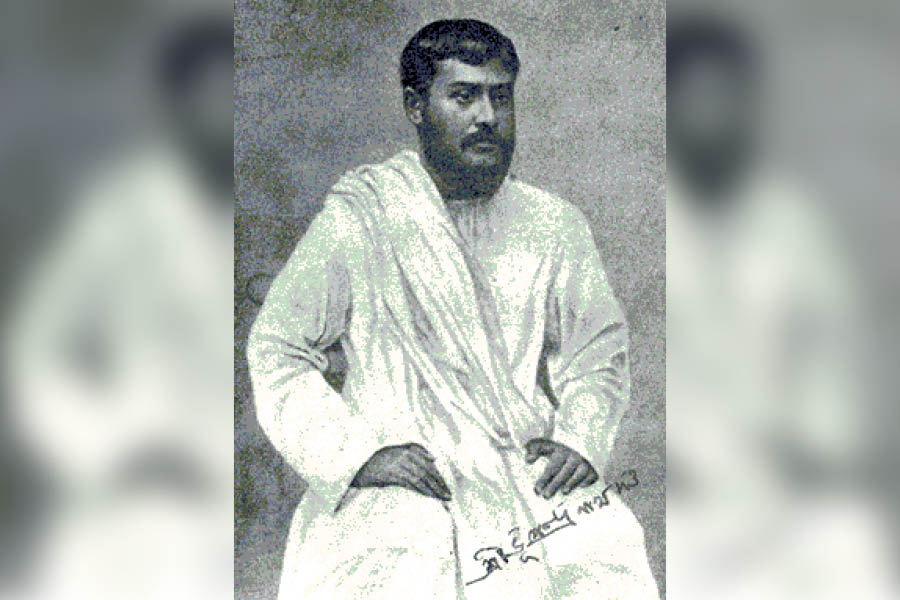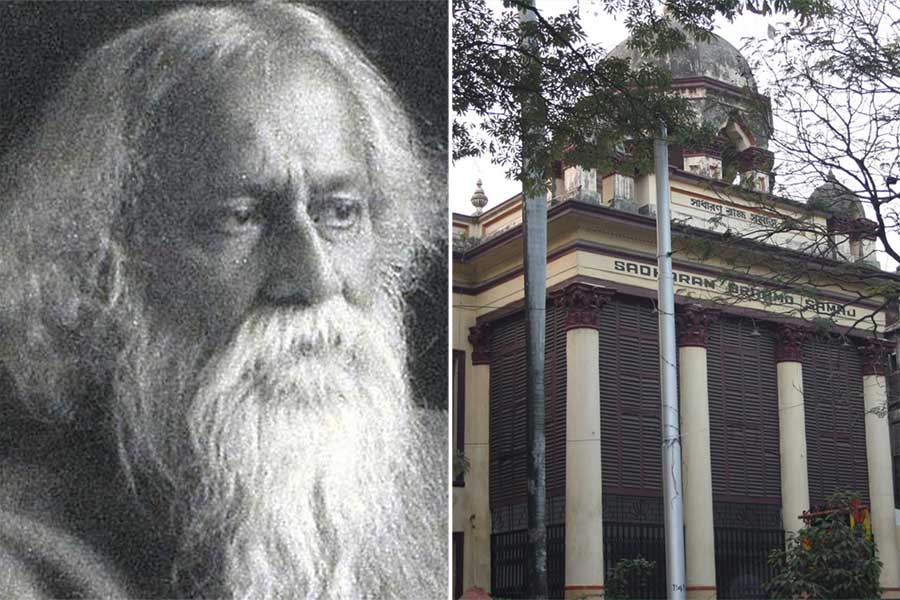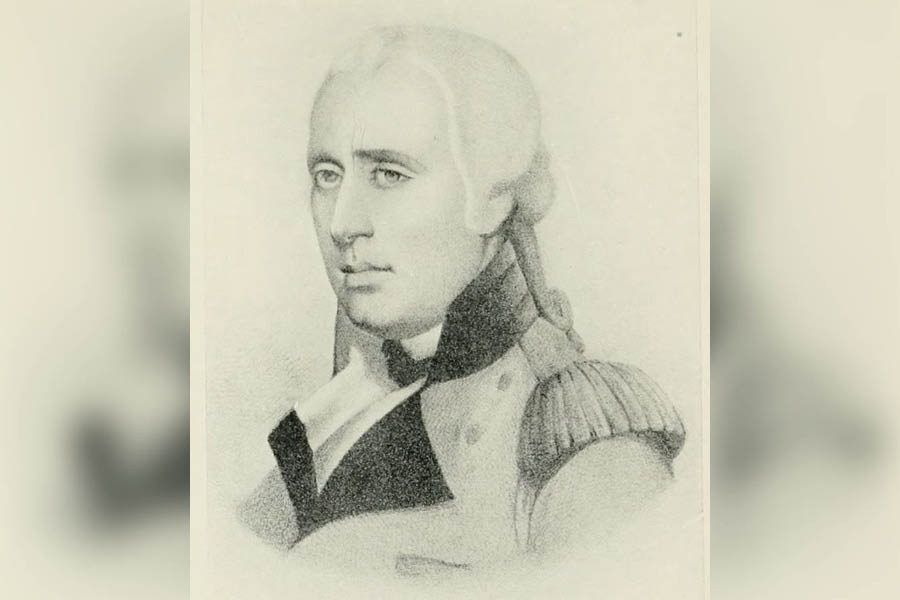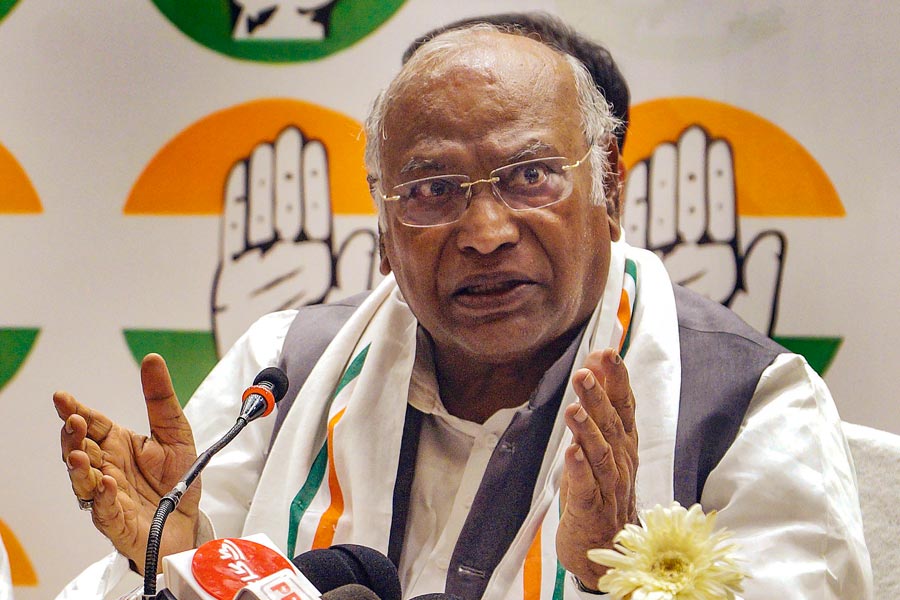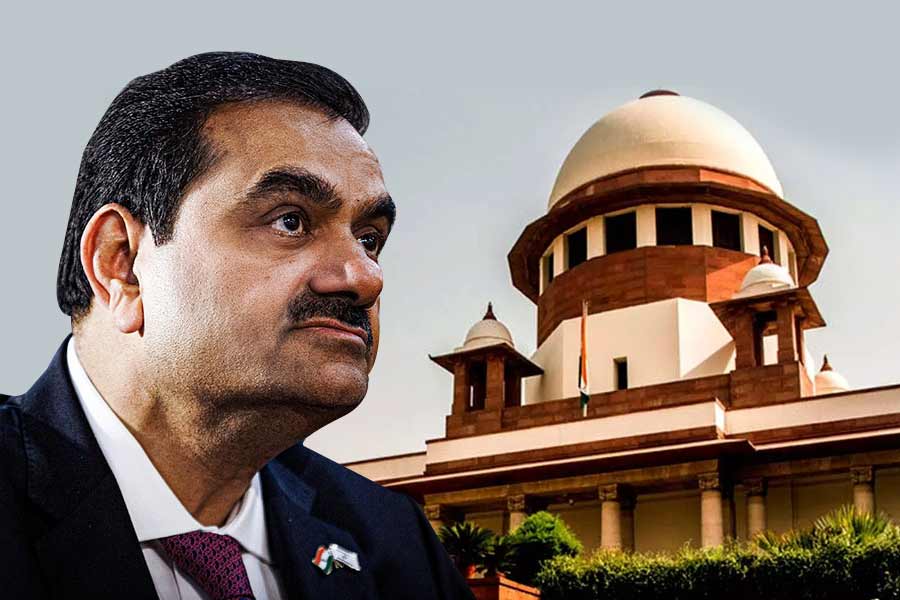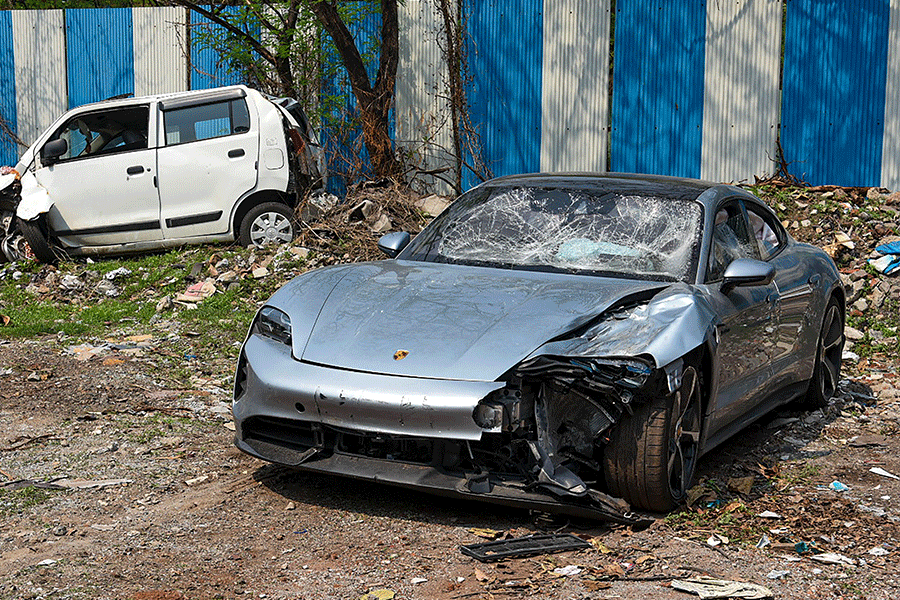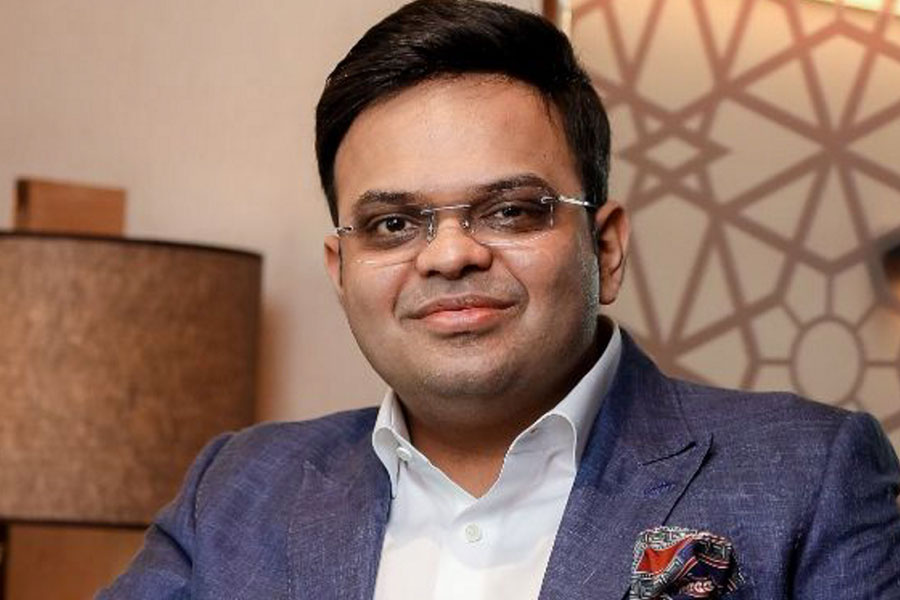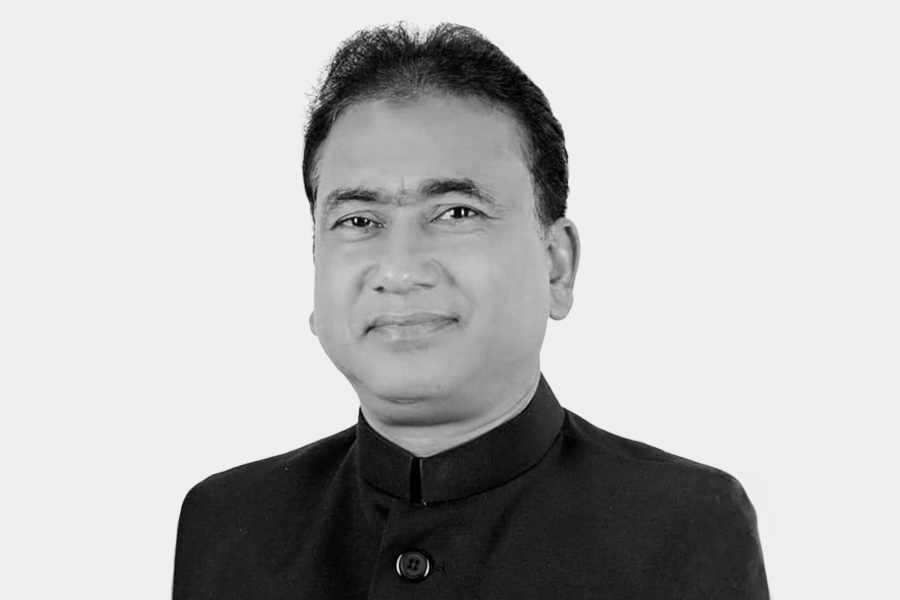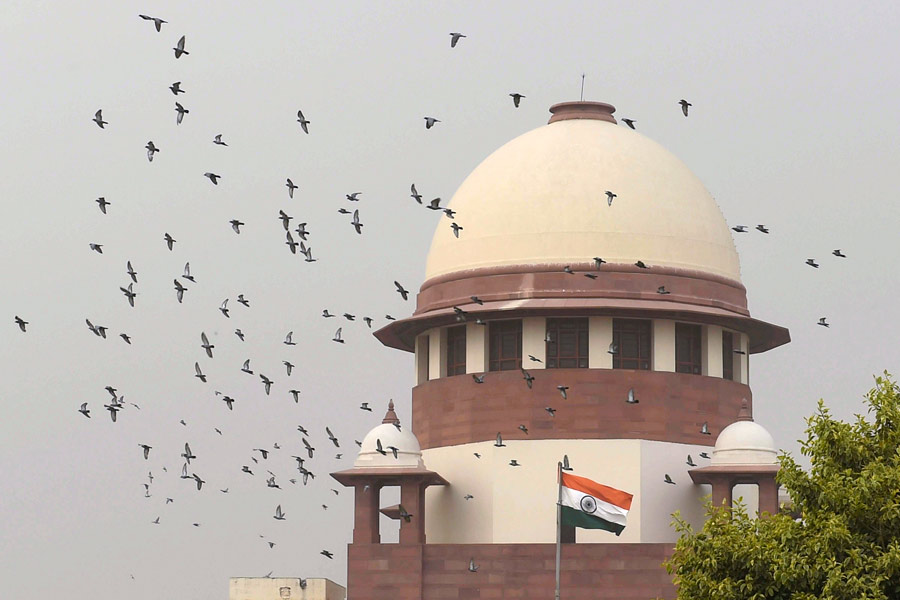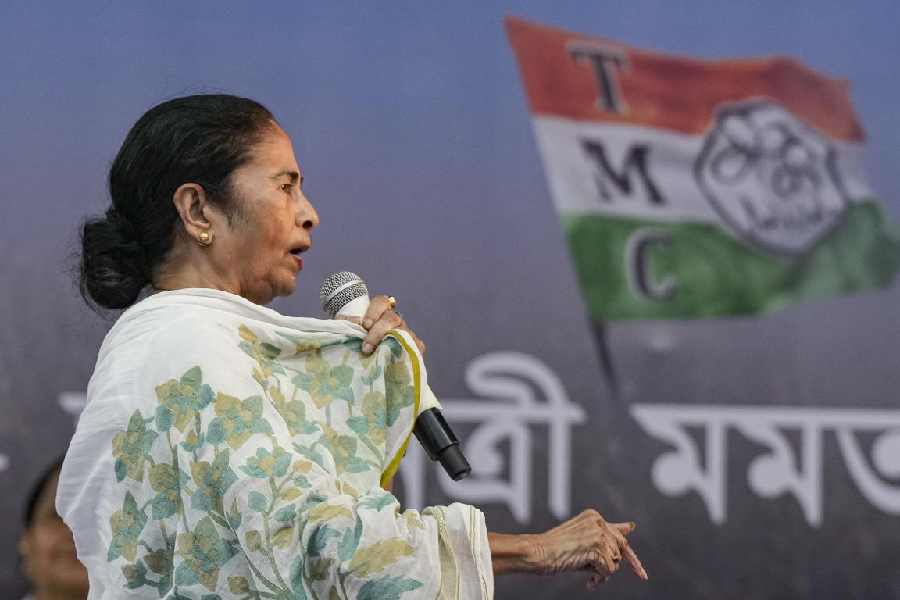On September 4, 1880, a young boy was born in the Datta family of north Calcutta. He was the third and youngest son of Biswanath Datta, an attorney at Calcutta High Court and Bhubaneswari Devi. The boy was named Bhupendranath. Early years of Bhupendranath’s life were spent comfortably in wealth. But that changed in 1884 when his father passed away. The family was forced out of their ancestral home by other relatives and moved to Bhupen’s maternal grandparents’ home.
Bhupen grew up in an environment of rising nationalism. Influenced by writings of Bankim Chandra Chattopadhyay and speeches of Swami Vivekananda, the Bengali youth was getting increasingly inspired to break the shackles of British rule and embrace freedom. In Bhupen’s own words, “The Bengali translations of Mazzini and Garibaldi by Jogendra Vidyabhushan and Bankim’s ‘Anandamath’ ignited the Bengali mind. The more advanced amongst us would study European political thought, socialism and follow the efforts of Russian revolutionaries.”
When Bhupen was 22, another tragedy befell the family. His oldest brother, who had taken over the family’s reins after death of their father passed away at 39. It was a bigger blow personally for Bhupen as he idolised his eldest brother. But the passions ignited in the young man would soon explode.
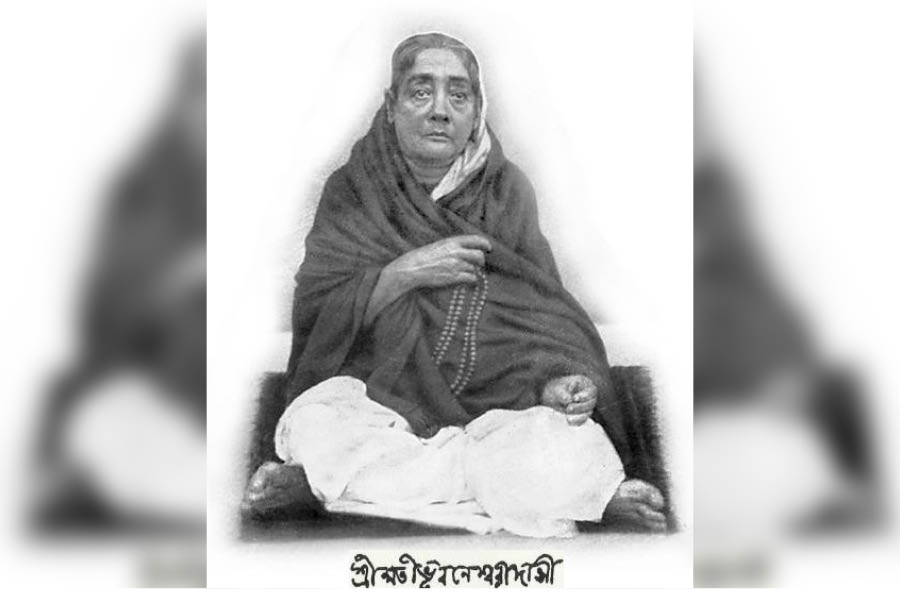
Bhubaneshwari Devi
Bengal was sitting on a keg of gunpowder which exploded in 1905 when Viceroy Lord Curzon announced the partition of Bengal Presidency along religious lines. Like majority of Bengali youth of the time, this was the trigger for Bhupen to throw himself into the cauldron of nationalistic movement. He was already involved with the Anushilan Samiti — a secret society dedicated to the cause of armed revolution. Bhupen became a key player in running and editing of Jugantar — the Samiti’s official mouthpiece.
On July 5, 1907, Bhupen was arrested and charged with preaching sedition through articles in Jugantar. During the trial, Bhupen said: “I am solely responsible for all the articles in question. I have done what I have considered in good faith to be my duty to the country. I do not wish the prosecution to be put to trouble and expense of proving what I have no intention to deny. I do not wish to make any other statement or any take any further part in the trial.”
He was sentenced to one year of rigorous imprisonment.
Shortly after his release, Bhupen was sent to USA through efforts of Sister Nivedita and Sister Christine, two of Swami Vivekananda’s closest disciples. A ferocious crackdown had started against revolutionaries in aftermath of the Alipore Bomb Conspiracy case and they were worried Bhupen would become a target.
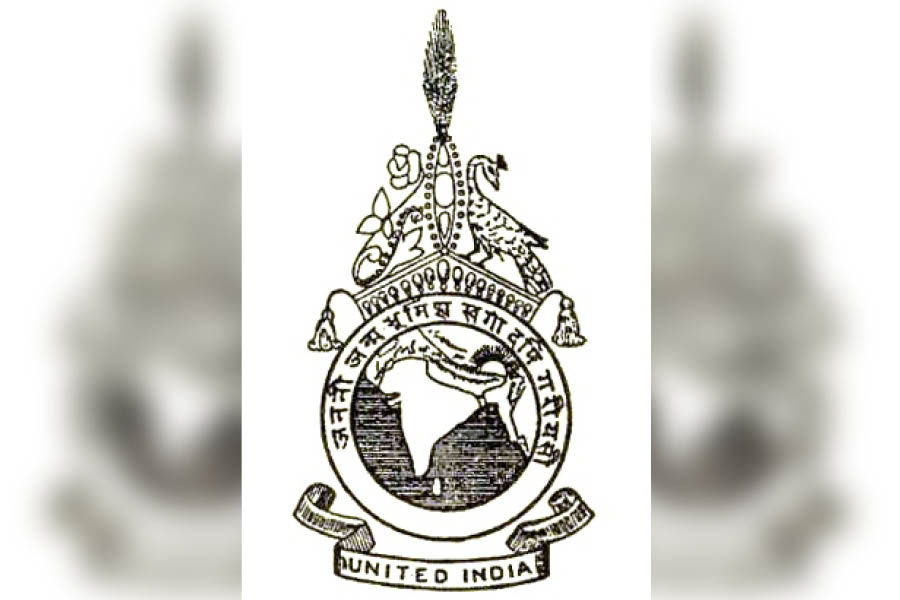
The emblem of Anushilan Samiti
He arrived incognito in New York and enrolled at Brown University for his postgraduation. He was deeply influenced by his professor of sociology, Lester F. Ward and joined the Bronx Park Socialist Club as well as attending lectures by American socialist leaders at Rand School of Social Sciences.
In the pre-World War I years, Europe, specifically Germany, was becoming the focal point of support for Indian independence aspirations. The German dispensation was happy to extend help to Indian revolutionaries in an aim to curb British colonial power. In 1914, shortly after completing his postgraduation, Bhupen met the German consul in New York and offered to raise a voluntary corps from Indians settled in USA to fight for the Germans in the Great War. He also reached out to the Ghadar Party of California to explore collaboration.
To drive these efforts, Bhupen moved to Berlin and became a full-time member of the Berlin Committee – that actively worked on providing logistical support to leading Indian revolutionary leaders – prominent among them being Baghajatin in Bengal and Rashbehari Bose in northern India. He would later serve as the secretary of the committee. A major plan was made for February 1915 – of an uprising across military cantonments in the subcontinent as well as south-east Asia. Unfortunately, due to the treachery of a mysterious double agent, the plan was leaked to the British in advance. Baghajatin died in a gunbattle on the shores of Buri Balam river in present-day Odisha. Across India, scores of armed revolutionaries were arrested in what came to be known as ‘Hindu German Conspiracy’ in later history.
Around 1917, with the tide of the war slowly turning against Germany, Bhupen moved to Stockholm and tried to establish contact with the Russian Bolsheviks. He hoped for assistance from Bolshevik Russia to help end British rule in India. In 1921, Bhupen travelled to Moscow as a member of a delegation of Indian revolutionaries and submitted his thesis to the Comintern*. He also sent a memo to the Indian National Congress’ Nagpur session, urging the party to organise farmers and labourers and bring them into the nationalist movement, a plan suggested to him by none other than Vladimir Lenin.
In 1924, Bhupen returned to India after 16 years and immediately started working on organising farming and labourer communities. He actively worked on bringing a socialist influence in the INC and toiled away to create greater awareness of farmers and labourers’ problems in the backdrop of the nationalist movement. He travelled all over Bengal province, speaking to youth, students, farmers and labourers, trying to imbue them with nationalistic sentiments and inspire them to rise in protests in an organised fashion.
The late-1920s saw major labour unrest in Bombay’s textile mills and a harsh crackdown by the British administration on the striking workers. Bhupen sent a personal appeal to Jawaharlal Nehru to get the INC to provide legal help to the mill workers. He also played a pivotal role in setting up Meerut Defence Fund for this purpose.
Bhupen participated in the Civil Disobedience Movement and salt satyagraha, courting arrest multiple times. Despite his advancing age, he remained committed to interests of oppressed classes like labourers and farmers. Bhupen was one of the founders of Calcutta Tramways Workers’ Union in 1927 and served as the president for several years. He also served as president of the Carters’ Union – set up to protect street hawkers and vendors and presided over annual conferences of Bengal Provincial Kisan Sabha from 1937 to 1940. During the Bengal Nagpur Railway (BNR) strike of 1927, Bhupen set up camp in Kharagpur and gave fiery speeches to keep up the morale of the strikers.
In the late-1920s, Bhupen was the vice-president of the All India Trade Union Congress for two years, deputising to Nehru in the first year and Subhas Chandra Bose in the second. During the horror days of the Bengal Famine of 1943, Bhupen led efforts to organise community kitchens and provide alms and relief across Bengal.
After Independence, Bhupen refused the freedom fighter pension offered by the government of India. He and his second brother lived in their ancestral family with some tenants. Their meals were provided by the tenants. The brothers lived an inconspicuous life. In 1961, Bhupen passed away at the age of 81.
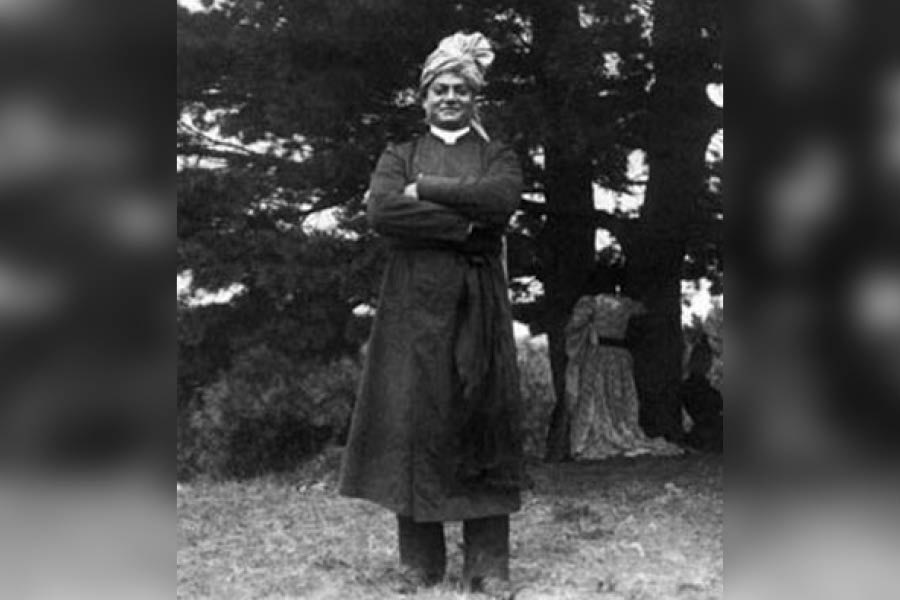
Bhupen idolised his eldest brother Narendranath (Swami Vivekananda to the world)
Perhaps, it was destined that Bhupendranath Datta would dedicate his life to the nation’s cause. After all, he had the best teacher possible in his formative years – his eldest brother Narendranath Datta who the world knows better as Swami Vivekananda.
*The Communist International (Comintern), was an international organisation founded in 1919 that advocated world communism, and which was led and controlled by the Communist Party of the Soviet Union

